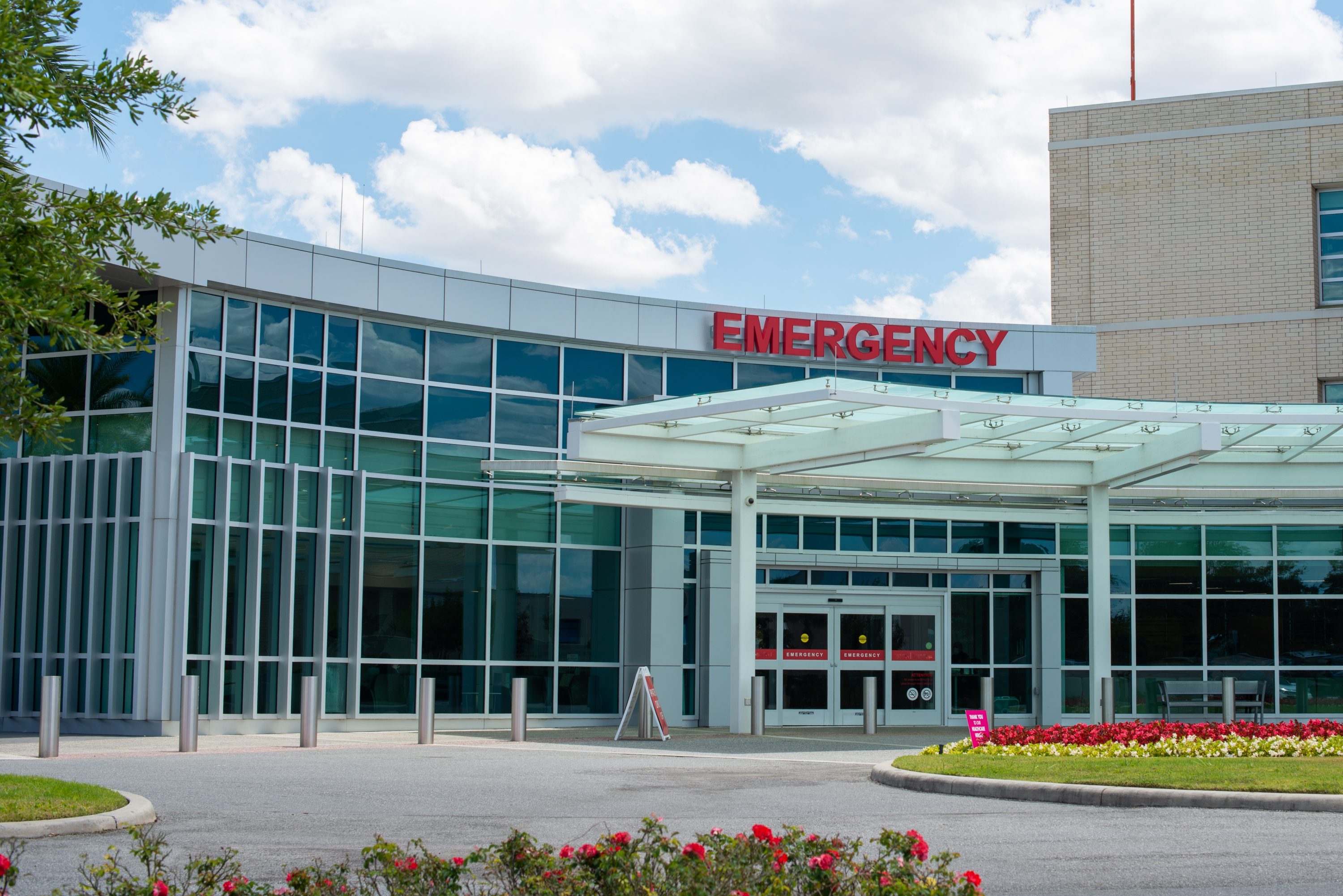Perhaps the most obvious surface-level fact about the COVID-19 pandemic involves the high risk the virus poses to seniors. This risk is exacerbated when traveling due to exposure to a wide variety of people you neither know nor can trust regarding their asymptomatic status. Social distancing is vital for seniors to reduce or prevent the risk of infection, but how does one do this while traveling?
Senior citizens are more likely to become seriously ill from COVID-19. This could lead to hospitalization or death if not prevented. Traveling is meant to be fun. Traveling is sometimes also necessary, even in risky times. Here’s what you need to know about traveling in times of COVID-19 as a senior.
Understanding your risks is an important first step to having a safe traveling experience. Many people wonder what this means and entails, which is an entirely natural response during challenging times and a global pandemic.
As it is with most processes vital to your safety and health, begin with what you know, start small and take measured steps to attain your goals. Make a list of the things you know, including personal information and obvious risks.
For instance, you know if you are vaccinated or not. While the Pfizer and Moderna vaccines significantly reduce the risk of contracting COVID-19, there is a small chance of being infected. The new Delta variant and any other variants that might develop also affect the risk of becoming sick.
Your age affects your risk of getting very sick. The threat begins to increase in your 50s and continues to grow in your 60s, 70s, and 80s. You are most likely to become very sick if you are 85 years of age or older.
Any underlying conditions can increase the risk of severe illness. If you have any underlying conditions, it is necessary to weigh them against the dangers they pose to your health and life if you contract COVID-19. You should follow the advice of your current health provider and continue your treatment plan for medical conditions, like:
- Cancer.
- Chronic kidney disease.
- Chronic lung diseases, such as asthma, pulmonary hypertension, scarred lung tissue.
- Diabetes.
- Heart conditions.
- HIV.
- Obesity and being overweight.
- Substance use disorder.
Risks are not limited to yourself alone. When traveling with companions, they are also at risk. Even traveling alone, you can still contract the virus and bring it home to people you love.
Therefore, the next step in understanding your risks expands to how your decisions impact others around you when traveling and in your personal life at home. If you are a senior traveling with your grandchildren, you must also understand their health status and risk factors. Is everyone around you vaccinated?
It is not possible to control other people’s actions or the environment around you. You must research the location where you are traveling. Learn what the infection and hospitalization rates are where you are going.
Research how the local people and government are reacting to and handling the pandemic. People in some cities and states, including government officials, believe the virus is a hoax and masks are unnecessary.
Other travel locations and their applicable authorities/officials take the virus seriously and have protection protocols in place. Understanding the pervasive attitude and perspective about COVID-19 where you are going helps reduce your risk of infection.
Risks also include travel restrictions and potentially mandated quarantine periods when traveling to other countries. Researching rules and regulations ahead of time helps eliminate preventable inconvenience and complications.
By Admin –








